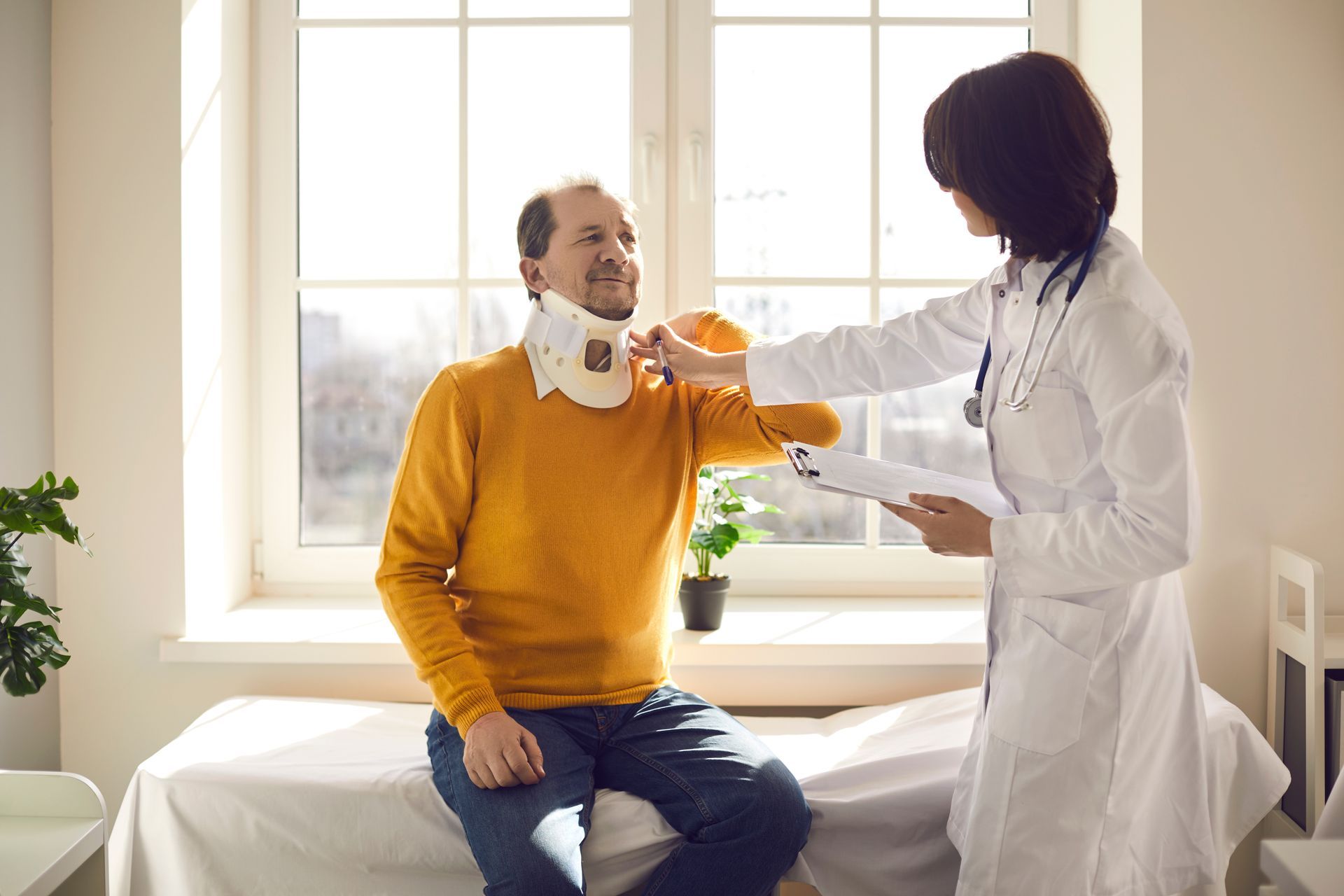Telemedicine is becoming an increasingly common way for doctors to see patients. Being able to see and talk to a doctor via Skype, FaceTime or other platform can be particularly beneficial for patients who don’t live close to their doctor, for those who may not be able to drive or for patients who don’t want to risk being exposed to other patients who may be contagious.
There are limits to what doctors can or should try to do via direct-to-consumer (DTC) telemedicine. It’s typically best for patients who don’t have a serious illness or injury or for those who may just need to check in regularly following a procedure.
Some physicians have expressed concern that DTC telemedicine increases the chances of being hit with a medical malpractice claim due to improper diagnosis or treatment or even the possibility that they may be interacting with someone who’s not actually the patient. Seeing a patient over even the best Wi-Fi connection can’t compare to seeing and interacting with them in person. However, those fears appear to be unfounded, at least for now.
In one study published last year, researchers looked at over 500 legal actions during a single month in 2018 that involved health care providers who used telemedicine or the telemedicine service or employees. However, there were no allegations of medical malpractice in any of those cases. While that’s a very limited study, the findings seem to be borne out on a larger scale.
The researchers noted that part of the reason for a lack of malpractice claims may be the limits placed on what can be done via DTC telemedicine services. For example, many services prohibit doctors from prescribing controlled substances after a telemedicine visit. In many cases, patients are advised to come in for an in-person visit following a telemedicine consultation.
Most doctors understand the value — and the limitations — of DTC telemedicine. If a patient is concerned that their doctor is making an inaccurate diagnosis via a telemedicine visit, they can and should ask to come in and see them personally.
Doctors have a responsibility to their patients regardless of whether they see them in person, on their computer or on their phone. If you believe that you suffered harm due to a doctor’s actions or negligence, it’s wise to talk with an experienced attorney to determine whether you have a malpractice case.



